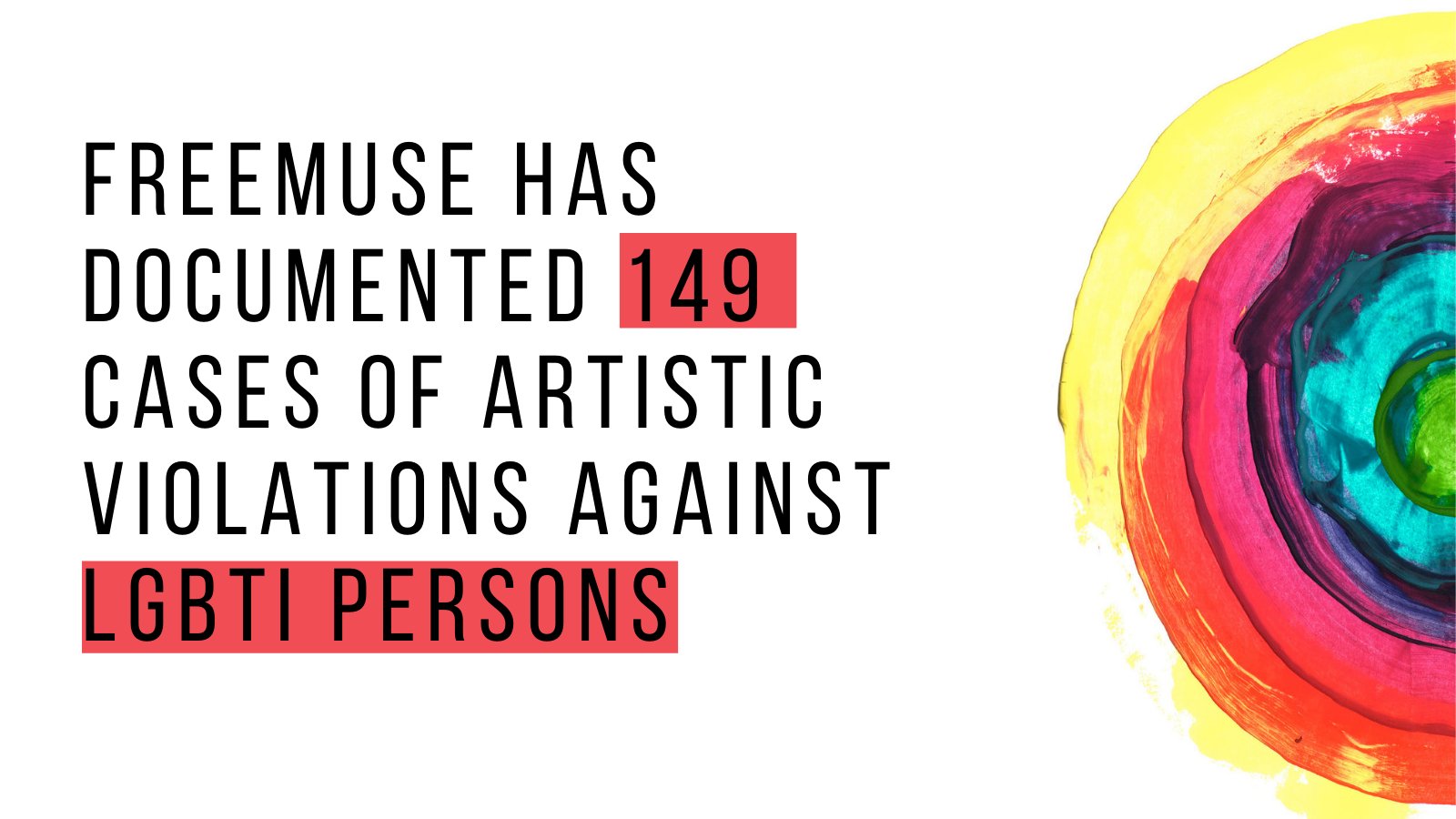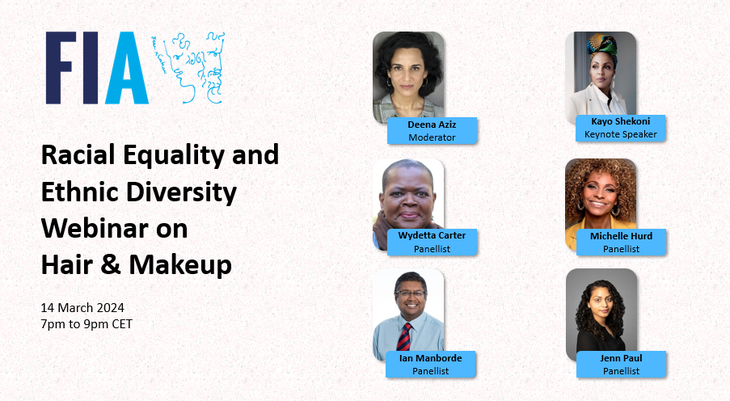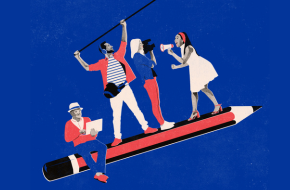Freemuse, the international network advocating for freedom of artistic expression and cultural diversity recently published its first report on how artists around the world are discriminated against because of their actual or perceived sexual orientation and gender identity. The report, which is available here, is a chilling reminder of how many LGBTQI artists are persecuted and prevented from freely expressing their talent and how much of this intolerance is actually happening near, or even before us. The report was launched on Human Rights Day 2020, at a conference held virtually from the City of Krakow, Poland, a country deeply confronted with nationalism, growing intolerance and populism. It documents 149 violations of the fundamental rights of LGBTQI artists in 39 countries over an 18-month period and clearly shows that abuses and violations of artistic freedoms occur in all kinds of national contexts. With democracy weakened by a rising populism around the world, these unacceptable behaviors are unfortunately growing and repression, including in the most subtle forms, is rising: from the most severe types of repression, including imprisonment and physical punishment, to pernicious forms of propaganda, intimidations and censorship – the Freemuse report shuns a light on how LGBTIQ-themed artwork is under increasing attack today by state authorities, religious and political groups as well as extremist movements and radical individuals, preventing artists from expressing themselves and restricting those wishing to access their artistic content. Shockingly, 45% of the violations documented in the Freemuse report are from 19 countries where there is no law criminalizing homosexuality. Among the most targeted artforms are film, music and theatre, with 50% of all censorship cases related to film.
Equality, diversity and inclusion are among FIA’s main priorities as is the fight against all forms of employment discrimination based, inter alia, on sexual identity and orientation. FIA is deeply committed to ensuring equal opportunities for all artists, enhancing their right to safe and harassment-free working environments and promoting progressive legal frameworks safeguarding the fundamental right of every human being to express himself or herself through art. In the EU, one such chance has risen lately with the newly published LGBTIQ Strategy 2020-2025, a communication setting the main lines of how the new European Commission intends to build a Union of tolerance, inclusion and equal opportunities. Although not specifically related to the arts sector, the proposed objectives, and the measures suggested to achieve them, promise to mainstream greater equality into all EU policies, legislation and funding programmes, by tackling discrimination against LGBTIQ people, building inclusive societies and promoting greater safety for rainbow families and queer individuals. Among these much-needed measures, special efforts will be deployed to strengthen the role of equality bodies at national level, sanction anti-LBGTIQ hate speech and propaganda, review the EU free movement guidelines to reflect the diversity of families and enable the mutual recognition of parenthood and same-gender partnerships. The Commission also intends to encourage greater cooperation among the member States with a view to sharing best practices and promoting greater convergence of their respective legal frameworks.
As a first step forward, FIA will work closely with the ETUC on a position paper to encourage inclusive employment regulations and stronger anti-discrimination policies, and draw from the Freemuse report to highlight the specific challenges that LGBTQI performers also face in the media and entertainment sector when seeking fair and unbiased employment opportunities. The same culture that the Commission describes as a powerful tool to change attitudes and challenge stereotypes is one that, all too often, inhibits LGBTIQ artists from freely expressing themselves and that is thus prevented from fully playing this meaningful role in society.





